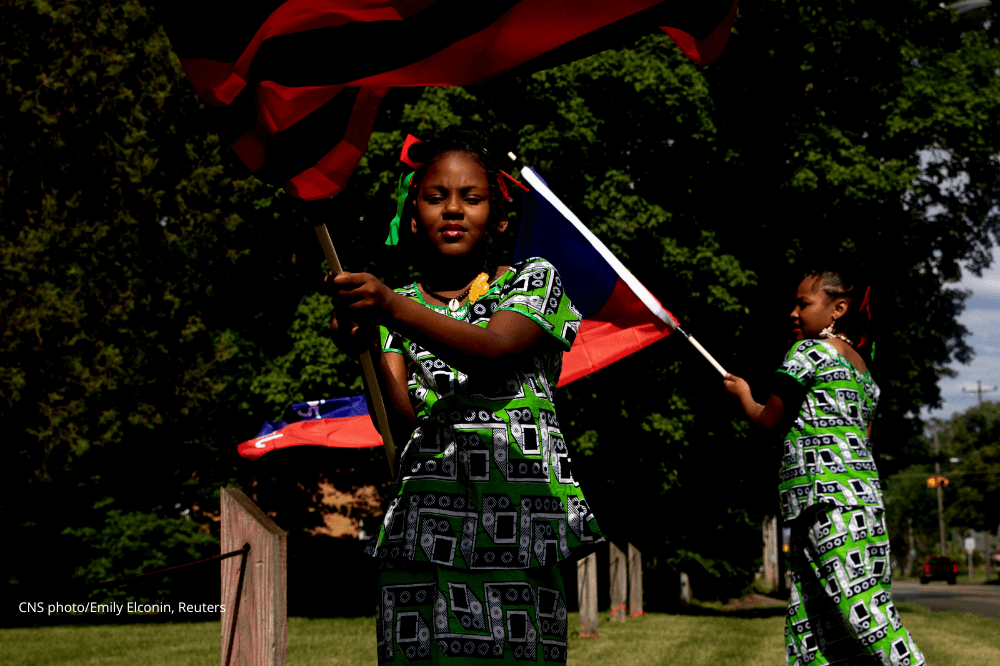
Juneteenth is celebrated on June 19 and is a federal holiday. During the summer of 2023, state representatives in Michigan voted in favor of making Juneteenth a state public holiday.
June 19, 1865 marks the day when the nation’s last slaves were freed in Galveston Bay, Texas by executive decree and commemorates the day slavery was officially ended in the U.S. This came two years after the Emancipation Proclamation freed slaves elsewhere in the U.S. We give thanks to the Lord for all those who worked and sacrificed to free the enslaved.
While the holiday has been celebrated in the U.S. for many years, especially in the southern states and in Texas, many Americans are just learning more about the holiday and its significance. As we work to educate ourselves, we follow the lead of Jesus in taking time to listen sincerely with an open mind and heart.
May this holiday serve as an opportunity for Catholics and all people of good will to continue to pray for and work toward an end to racism. We recognize in a special way the many contributions of our African American brothers and sisters to the Catholic Church, and commit ourselves to learning, listening, and renewing relationships so the Church and society may continue to grow in unity.
Resources
Read ‘Open Wide Our Hearts’ Combating Racism Begins Within by Bishop Walkowiak (FAITH Grand Rapids magazine, Jan/Feb 2020)
Read the U.S. Bishops’ pastoral letter against racism: Open Wide our Hearts: The Enduring Call to Love (bilingual)
Educational resources (USCCB)
Tune into Black Catholic podcasts (National Black Catholic Congress)
Striving for justice, peace and an end to racism
The Family: The School of Love
While racism is often tragically passed down through families, the family also offers the best antidote to all forms of fear and prejudice because it is in the family where we can encounter unconditional love, which echoes God’s love for us.
How can we rely more on God’s love and teach our children to love everyone? Consider these examples:
- Pray together daily: Pray for the needs of others in your neighborhood, community, and beyond. Help your children to see the needs of people who are different from them. Help your family to see the face of Christ in every person.
- Practice the art of conversation daily: Eat dinner together as a family—without mobile devices—and find other ways to spend time together. Have real conversations, at an age-appropriate level, about challenges or events that are in the news.
- Practice hospitality and love of neighbor: Get to know your neighbors’ names and needs, show concern for them, pray for them, and assist them when possible. No family is perfect, but every family can grow in love. (from Responding to the Sin of Racism)
Additionally, read:
Honoring history, celebrating achievements of Black Americans in February



